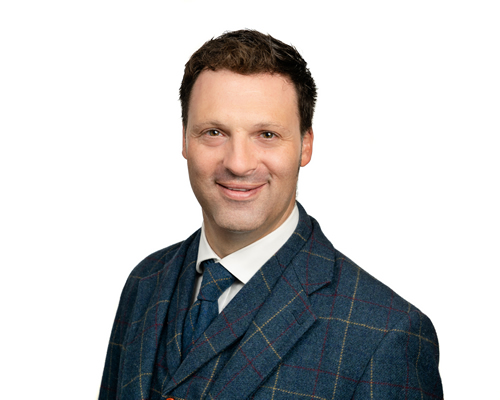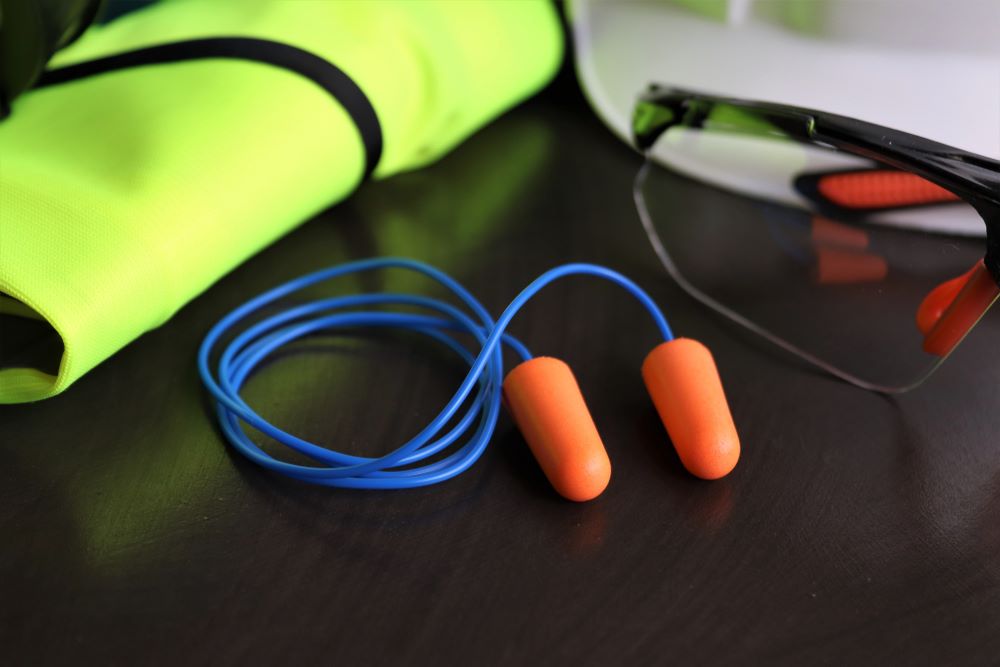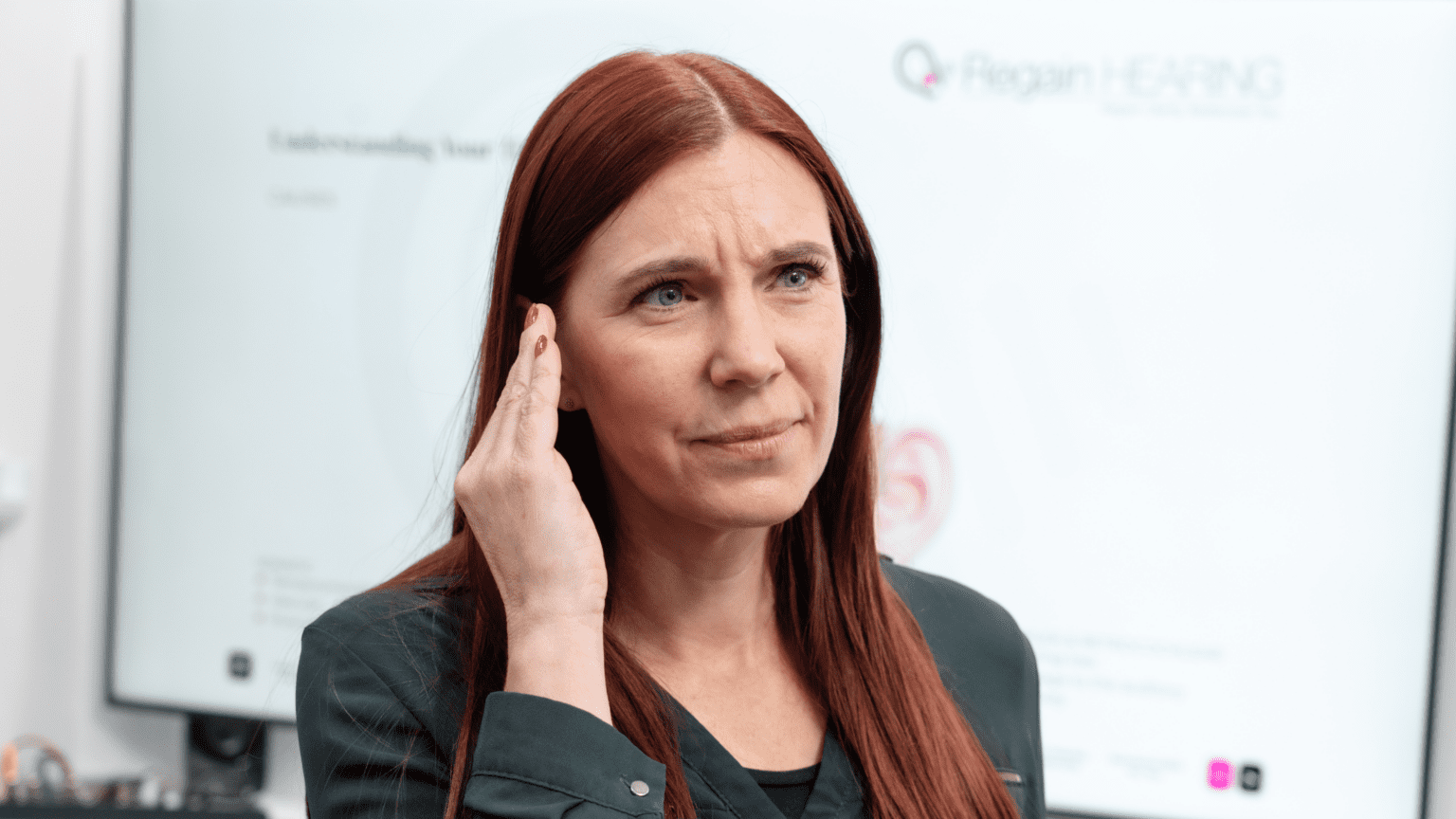In a modern world where we’ve become more aware, conscientious and proactive about addressing health risks, such as protecting our eyes from over-exposure to direct sunlight, our ears continue to remain almost entirely undefended. Sadly, this is leading to hearing loss caused by long-term exposure to loud noise, as well as conditions such as tinnitus, which is continuing to increase in the UK at an alarming rate.
Fortunately, an inexpensive and reliable set of high-fidelity earplugs, or better still, a pair of specialist tinnitus earplugs, can make a considerable difference, alongside customised hearing aids for those already suffering from tinnitus.
Key Takeaways:
- Tinnitus causes persistent sounds in one or both ears and affects as many as one in eight people living in the UK – a proportion that is also growing.
- Using proper hearing protection in high-noise environments can lessen the chances of developing tinnitus and prevent symptoms from being exacerbated.
- Low-quality disposable earplugs have minimal effort since they cannot decrease the decibel level of middle and high-frequency noises enough to be beneficial.
- Audiologists recommend wearing high-fidelity earplugs that maintain audio clarity and protect your hearing as an affordable, reliable way to safeguard your hearing from damage or deterioration.
Understanding Tinnitus Symptoms
Simply put, tinnitus causes people to hear a persistent sound in their ears, even when there is no external source emitting that sound. People suffering from tinnitus can hear a range of noises, most commonly a ringing, buzzing, hissing or whooshing noise. The sound can be permanent or intermittent, and the volume can vary between episodes.
Hearing loss is often synonymous with tinnitus, as it seems that the brain sometimes compensates for the absence of heard sound by falsely perceiving non-existent “phantom” noise. Nevertheless, even people who enjoy normal levels of hearing can sometimes experience tinnitus.
The four most common causes of tinnitus are:
- Exposure to noise — Prolonged exposure to noise over and above the 85dB level (after which sound is deemed loud enough to eventually damage hearing) is a common cause of tinnitus — whether it’s sustained loud noise in the workplace, at large events like concerts or short, sharp, loud sounds like gunfire or machinery.
- Hearing loss — Although some people with hearing loss will never develop tinnitus, it remains the condition most commonly associated with it. Hearing loss is caused by factors such as ageing and exposure to loud noise or a combination of both.
- Blockage —Tinnitus can be triggered if the ear canal becomes blocked by excessive earwax or by fluid caused by an ear infection. Microsuction earwax removal treatment may resolve this issue.
- Medications —For some people, tinnitus can be a side effect of taking a wide range of medications, especially at high doses. These include certain types of analgesics, antibiotics, antivirals, antidepressants, anticonvulsants, antihistamines, anti-inflammatory drugs and anti-malaria medications.
Of all the possible causes listed above, temporary, noise-induced tinnitus is something that the majority of us have experienced. It’s the ringing you hear after spending time at a loud music concert, nightclub, or event with a large, noisy crowd.
In fact, in a survey of nearly 4 thousand high school students, almost 75% admitted to experiencing noise-induced tinnitus as a direct consequence of exposure to loud noise. In fact, recent evidence points to adults across the age spectrum are exposing themselves to potentially harmful levels of noise recreationally.
The most recent factor playing a part in the prevalence of tinnitus caused by recreational noise has been the growing popularity of personal listening devices. Ever since technology transformed our phones into mobile music players, the use of headphones and earbuds has been steadily on the rise.
However, today’s headphones and earbuds can reach as loud as 100dB while projecting sound straight along the ear canal. The recommended safe level for personal listening devices should be no greater than 60% of the maximum volume.
Taking all this into account, it seems that awareness of noise-induced hearing loss and damage to the inner ear is worryingly low.
Do Earplugs Make Tinnitus Worse?
One of the complexities is that some people previously diagnosed with tinnitus believe that wearing earplugs makes the noise – usually a ringing or buzzing sound – more noticeable. This happens because low-quality earplugs block all external noises, which can mean a lack of background noises makes tinnitus more distracting.
The answer is in the type, clinical efficacy and suitability of the earplugs you wear. Disposable foam earplugs, for example, block the ear so sound cannot pass through, reducing all volume. Wearers often find they cannot participate in conversations but rather zone out of all external noises, amplifying tinnitus symptoms.
Regain Hearing’s audiology team can provide customised recommendations. Still, the various solutions may include high-fidelity earplugs for hearing protection, tinnitus-specific earplugs or customised hearing devices – all of which we have discussed in a little more detail above.
Another consideration is that reliance on earplugs for all regular activities, as opposed to a tailored, properly programmed hearing aid or tinnitus earplug, can lead to new issues, including hyperacusis. [1]
This condition means that your ears become hyper-sensitive to sounds, where even low-level noises like a fridge humming are uncomfortable. Sound intolerance can make tinnitus unbearable, highlighting the importance of selecting the right type of hearing protection to assist in tinnitus management without worsening the symptoms.
Can You Still Hear Tinnitus if You Plug Your Ears?
Tinnitus is characterised by sound inside your ear, not external sources. While hearing protection is key, especially if you are exposed to continual loud noises that increase the risk of tinnitus, a set of earplugs as a standalone intervention will not solve the problem.
Alongside professional hearing assessments to determine the root cause of your tinnitus and sound therapies to reduce and eliminate the inner-ear noises, you can try various self-help methods in preference to generic earplugs:
- Relaxation work, such as deep breathing, can help alleviate the tension and stress often linked with tinnitus. Mental health impacts of tinnitus can be serious, with sufferers almost twice as likely to experience depression or anxiety – making it vital you look for active solutions. [2]
- Avoiding complete silence, which can make tinnitus seem louder in much the same way as a foam earplug might, by blocking out all the normal noises around you.
- Remaining active and healthy can help by refocusing your attention. Good health habits such as staying hydrated are also thought to be useful, especially if your tinnitus is caused or related to issues like inner ear infections.
Our advice is to book a comprehensive, professional hearing assessment and ensure you receive expert help as soon as possible. However, you may wish to try some of the above tips in the meantime, which are thought to be more effective than using generic earplugs.
Earplugs as a Preventative Measure for Tinnitus
While the type, quality and suitability of earplugs and other hearing protection devices will influence the efficiency of these approaches for people suffering from tinnitus, earplugs have been found to be a good way to prevent tinnitus from developing in the first place.
A recent study in 2021 reiterated the guidance we have long provided – that earplugs are a great way to reduce risks of hearing loss and tinnitus, but the lack of uptake means the proactive benefits of protecting your hearing are largely ignored. [3]
This reluctance to wear earplugs may potentially be due to numerous factors, such as social pressure, concerns about being unable to hear music or communicate, or environmental barriers, where disposable earplugs do not meet users’ sustainability requirements.
Protecting Your Hearing
Of course, when it comes to protecting our hearing, whether in the workplace or recreationally, the most effective method is to use earplugs and have an annual hearing test performed by a qualified audiologist. When it comes to preventing tinnitus, earplugs provide a practical, effective and inexpensive solution for shielding our ears. But recreationally, even amongst those aware of the risk of tinnitus, earplugs are still often perceived as impairing or devaluing musical events by reducing the full sonic impact of the experience.
This is why greater emphasis should be placed on educational initiatives to make people aware of how temporary noise-induced tinnitus often presents as an early warning sign that damage, which can lead to long-term hearing loss at a later stage, is occurring.
One issue associated with the negative perception of earplugs for recreational use is that people tend to think of earplugs in terms of the universal-fit, disposable types that are usually made of foam, silicone or wax. An earplug’s effectiveness is measured by attenuation (the extent to which they reduce sound), and standard disposable earplugs tend to reduce noise by around 30dB and lose clarity of sound in the mid to high frequencies.
Universally fitting, high-fidelity earplugs, on the other hand, decrease the decibel level with far greater frequency response to maintain audio clarity and, as such, are a much better choice for protecting your ears. And at prices ranging from around £15 to £50, they continue to provide relatively inexpensive but effective protection.
If you work in an environment where you need to regularly protect your ears from high-volume sound without loss of quality, the best option is to invest in a pair of custom moulded earplugs. Comfortable for long use, these will ensure an optimum attenuation level by offering a perfect fit, allowing a near-flat frequency response that allows for high-fidelity sound quality as well as protection.
What are the best tinnitus earplugs?
For those sadly afflicted with permanent or frequent bouts of tinnitus, earplugs are also recommended, as the affliction can be exacerbated with continued exposure to loud environments. Tinnitus often increases noise sensitivity, making earplugs a must for some, yet standard universal-fit earplugs can create an unwelcome paradox, as blocking out exterior noise can actually make the perceived sound of tinnitus seem more acute.
The best tinnitus earplugs, recommended and prescribed by specialist audiologists at our specialist Regain Hearing clinics, have acoustic filters that can be adapted to suit different sonic backgrounds. This reduces noise volume and the sound frequencies that trigger or exacerbate tinnitus without muffling or distortion.
For those suffering from tinnitus as an aspect of noise-induced hearing loss (NIHL), there are also specialised hearing aids that can prove effective and highly beneficial. Hearing aids for tinnitus that are prescribed as a part of our groundbreaking tinnitus treatment come with inbuilt “tinnitus sound generators” (TSGs). This produces a background, white noise designed to soothe tinnitus symptoms, as they mitigate the perceived sounds by refocusing the mind beyond it.
Other Data Evidencing the Value of Earplugs in Hearing Loss Prevention
A randomised clinical trial [4] examined the effectiveness of earplugs in preventing noise-induced hearing loss. It focused on people working in or attending venues such as music festivals and concerts with prolonged noise exposure.
The research found that just 8% of those assigned protective devices were exposed to sound pressure levels at frequencies above 4 kHz. In contrast, 42% of those without earplugs were exposed to significant sound levels.
Scientists also concluded that the tangible risk of damaging sound exposure was 95% for those without hearing protection and that evidence showed that earplugs actively prevented temporary hearing loss.
Earplugs and Tinnitus: Conclusions
All this information and research clarifies how earplugs can and should be used to prevent tinnitus while clearing up misconceptions about their potential to cause, worsen, or exacerbate tinnitus—which, in some cases, may be correct.
As always, you are welcome to contact your nearest Regain Hearing clinic at any time if you are concerned about hearing loss or tinnitus, feel that your tinnitus is impacting your day-to-day life, or are keen to find a solution to resolve your tinnitus once and for all.
Alongside custom hearing tests and appraisals, hearing devices, and programming, we provide cutting-edge tinnitus sound therapy tailored to your exact symptoms. Clients report extraordinary outcomes and reductions in tinnitus sounds within as little as one treatment.
The Regain Hearing location pages contain a full list of our hearing clinics, contact details, and parking information. Alternatively, you can complete our enquiry form, and we’ll get back to you as soon as possible.
References and Sources:
- Better Health Channel: Hearing Problems – Hyperacusis
- National Library of Medicine: Tinnitus and Its Relation to Depression, Anxiety and Stress
- National Library of Medicine: Identifying Targets for Interventions to Increase Earplug Use in Noisy Recreational Settings
- National Library of Medicine: Effective of Earplugs in Preventing Recreational Noise-Induced Hearing Loss: A Randomised Clinical Trial
Contact your local Regain Hearing clinic in London and Kent for more information about hearing tests, and protect your hearing with our range of professional quality ear protection.







